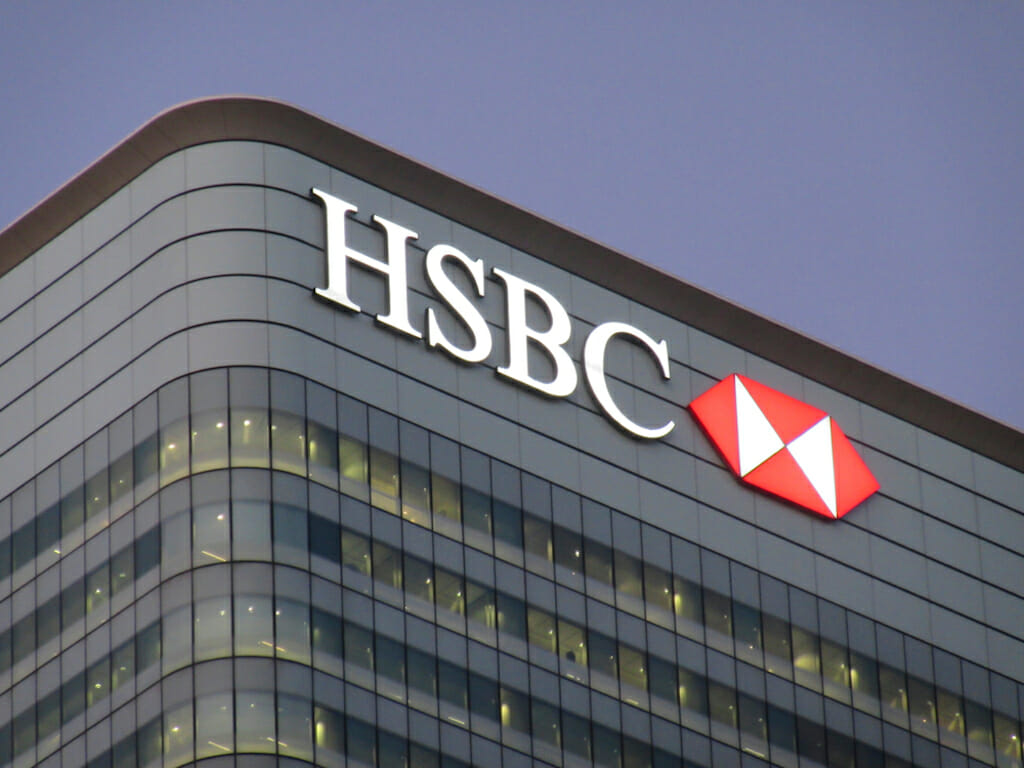3 Mins Read
HSBC could soon be forced to reduce its exposure to fossil fuels next year, after its key investors tabled a shareholder vote urging the bank to end its reliance on climate-harming financing. The bank is one of the biggest financiers of fossil fuels in the world, and despite ongoing climate action pledges, it has stopped short of putting in place a ban on coal investments – the dirtiest of all fossil fuels.
Fifteen pension and investment funds making up some of HSBC’s most influential investors, including Man Group, Sarasin & Partners, Rathbone Investment Management and European asset management giant Amundi, have filed a shareholder vote telling the bank to slash its exposure to fossil fuels. If passed with 75% in favour, the resolution, which will be put to shareholders at HSBC’s annual general meeting in April, the bank will be forced to cut its coal financing from next year.
The vote will also urge the bank to drastically ramp up its climate commitments with targets in line with the goals laid out in the Paris agreement to keep global heating to well below 2 degrees Celsius compared to pre-industrial levels.
ShareAction, the nonprofit organisation who coordinated the move, says that an additional 117 individual key stakeholders have also backed the campaign.
Net zero ambitions by top fossil fuel financiers are simply not credible if they fail to be backed up by fossil fuel phase out plans.
Jeanne Martin, Senior Campaign Manager, ShareAction
HSBC currently stands as one of the world’s biggest financiers of fossil fuels, and is Europe’s second biggest after Barclays, according to data compiled by the Rainforest Action Network (RAN) detailing the bank’s fossil fuel investments totalling US$87 billion since the Paris accord first came into effect in 2016.
Despite it having pledged to become a net-zero firm by no later than 2050, HSBC has done little more than committing US$1 trillion in green financing to help its clients transition to more sustainable investments, and has still maintained its reliance on fossil fuels. Its plan so far has no mention of cancelling contracts based on dirty energy, including the most polluting energy source of all – coal.
“Net zero ambitions by top fossil fuel financiers are simply not credible if they fail to be backed up by fossil fuel phase out plans,” said Jeanne Martin, senior campaign manager at ShareAction.
If HSBC is serious about its net zero ambition, it will support this resolution.
Jeanne Martin, Senior Campaign Manager, ShareAction
“Five years after the Paris agreement was signed, HSBC continues to pour billions into the coal sector, a behaviour that is at odds with limiting global warming to 1.5 Celsius. If HSBC is serious about its net zero ambition, it will support this resolution.”
The pressure that the bank is currently facing comes as institutional investors become increasingly conscious of the impact of “where their money is going and what it’s funding,” as written in a Green Queen report on the top sustainability trends poised to take over this year.
Sustainable and impact investments have already grown significantly over the past year, specifically amid the coronavirus pandemic, which has turned investors’ attention to the environmental, social and governance (ESG) aspects of their decisions.
It has never been more important for investors to have accurate insights on the true impact of the companies in which they place their trust and their money.
Rebeca Minguela, Founder & CEO, Clarity AI
ESG investing has also proven its outperformance against stock market tumbles and sharp volatility in the past months, attracting greater demand for green finance products and prompting regulators around the world and in Hong Kong to launch dedicated platforms for the sustainable investing push.
Clarity AI, a sustainable fintech firm who has recently bagged US$15 million in funding, has reported a major uptick in demand for their services over the past half year, signing on clients with eight times the assets under management compared to the preceding period.
Speaking about the trend, founder and CEO of Clarity AI Rebeca Minguela said: “2020 has seen extraordinary volatility and uncertainty – from Covid-19 to social justice protests. It has never been more important for investors to have accurate insights on the true impact of the companies in which they place their trust and their money.”
Lead image courtesy of Shutterstock.




